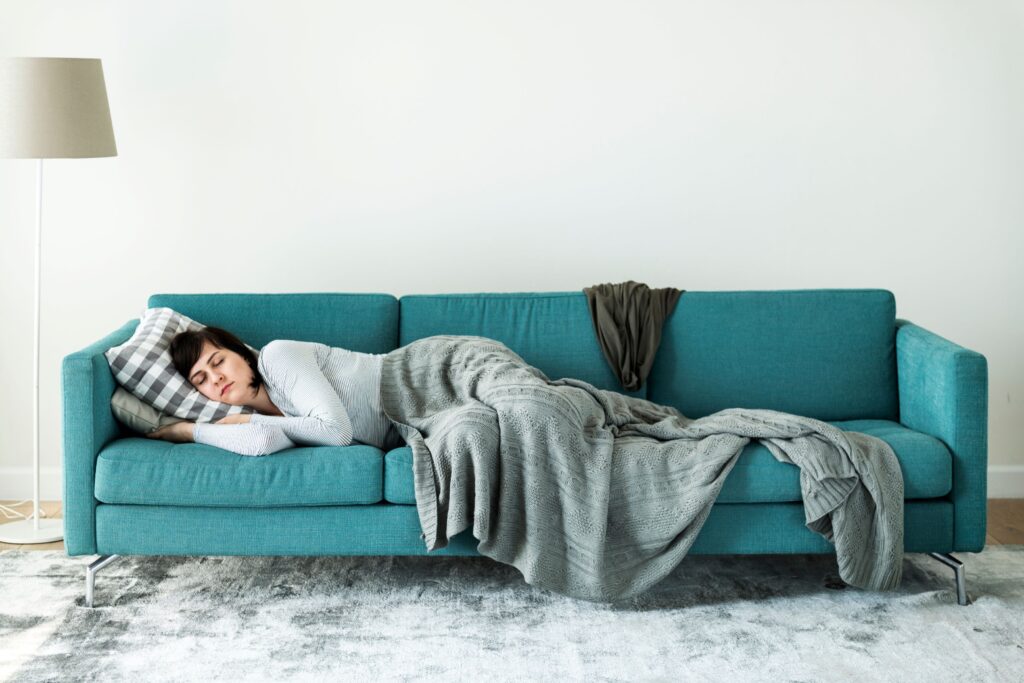
People with sleep apnea suffer from breaks in their breathing at night, either from obstructed airways or brain miscommunications, that can negatively impact their health. Your body undergoes several sleep stages every night that help rejuvenate your mind and body. But when your natural rhythms are regularly interrupted, you could develop issues like daytime drowsiness, mood swings, and other health concerns, such as heart problems.
If you’re feeling drained throughout the day, you might wonder whether taking an afternoon nap will improve your energy levels. Continue reading to learn more about how your siesta might impact your sleep apnea!
What is Sleep Debt?
Nightly interruptions to your natural circadian cycles can significantly impact your daily quality of life in several ways. Not only might you feel short-tempered, but you are also at a greater risk of experiencing more serious issues, like stroke, diabetes, and cognitive decline. Plus, you’re likely going to feel more exhausted during your waking hours if you’re not receiving quality rest at night.
When your body consistently doesn’t get enough z’s, it accumulates what is referred to as ‘sleep debt’. This can build up over days, weeks, or months, representing the difference between the amount of rest recommended for optimal health and how much you’re actually getting. For instance, if 8 hours is recommended but you only get 2, you ‘build’ a debt of 6 hours for that night.
Can Napping Impact My Sleep Apnea?
Many people assume that taking a nap during the day can help reduce their sleep debt and improve their overall well-being, but this is not always the case for patients with sleep apnea. Yes, sometimes a brief snooze can boost energy levels or help you get through the remainder of the day.
However, it detracts from your overall sleep debt, which can make it harder for those with this disorder to fall and stay asleep at night. The more tired you feel when it’s time to prepare for bed, the more likely you are to drift off more easily. That means napping isn’t necessarily recommended for people with this disorder.
How Can I Fall Asleep More Easily?
If you haven’t already sought professional treatments for sleep apnea, now is an excellent time to contact your sleep dentist. They can help assess your condition and provide an appropriate solution, such as a custom-fitted oral appliance that helps keep your airways open, to reduce symptoms.
You might also teach your body to unwind at a certain time by implementing a daily bedtime routine that helps soothe your system. For example, taking time to dim the lights, brush and floss your teeth, and read a book or listen to comforting music lets your system know when it’s time to start resting and relaxing.
Your provider might also have additional helpful tips to try, so you don’t feel the need to nap during the day.
Meet the Author
Dr. Dean Hutto has decades of experience helping people improve their daily lives by addressing sleep apnea concerns. He earned his dental degree from the University of Texas Dental School in Houston, and has completed ongoing education courses with prestigious organizations, such as the Seattle Institute and The Dawson Institute for Learning. Today, he provides at-home testing to help identify disorders, then offers treatment plans customized to meet your unique needs. You can request an appointment on the website or call (281) 422-8249.
